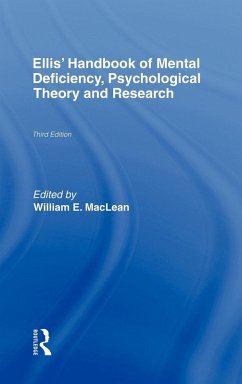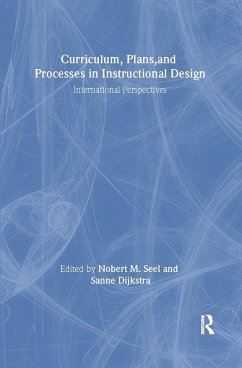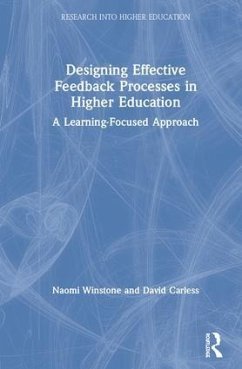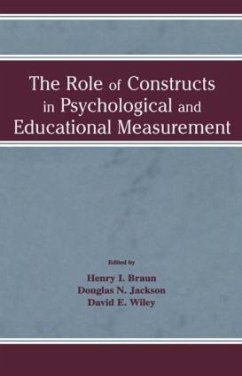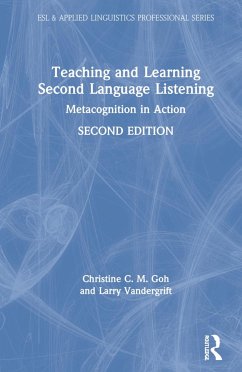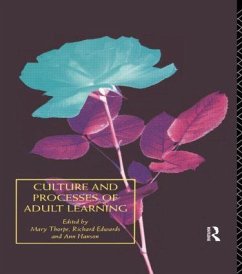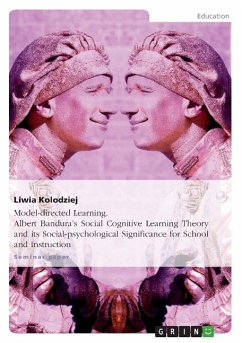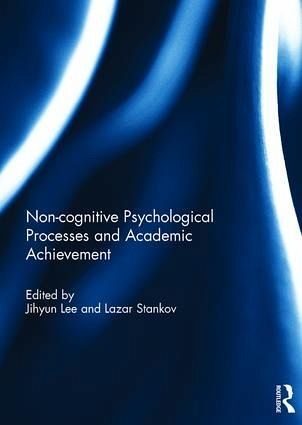
Noncognitive psychological processes and academic achievement

PAYBACK Punkte
84 °P sammeln!
This book suggests that by focusing on non-cognitive psychological processes such as anxiety, confidence, self-efficacy, and self-concept, the education system may be in a position to improve school achievement.¿It is becoming increasingly clear that these processes can have more of an impact on academic performance than can teachers, parents, or the school atmosphere. Since these psychological factors may be more malleable than cognitive processes involved in acquiring knowledge, a focus on students' self-belief is likely to be more effective than wide-reaching policy changes in the educatio...
This book suggests that by focusing on non-cognitive psychological processes such as anxiety, confidence, self-efficacy, and self-concept, the education system may be in a position to improve school achievement.¿It is becoming increasingly clear that these processes can have more of an impact on academic performance than can teachers, parents, or the school atmosphere. Since these psychological factors may be more malleable than cognitive processes involved in acquiring knowledge, a focus on students' self-belief is likely to be more effective than wide-reaching policy changes in the education sector. This book was originally published as a special issue of Educational Psychology.





